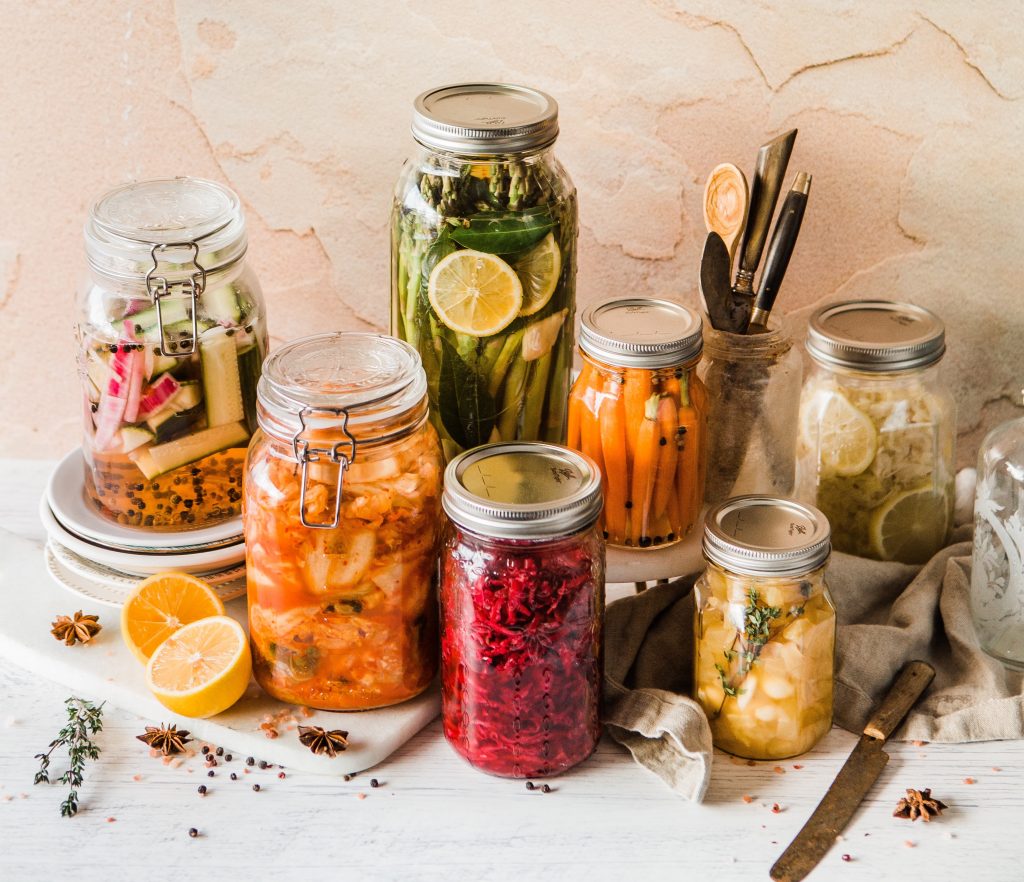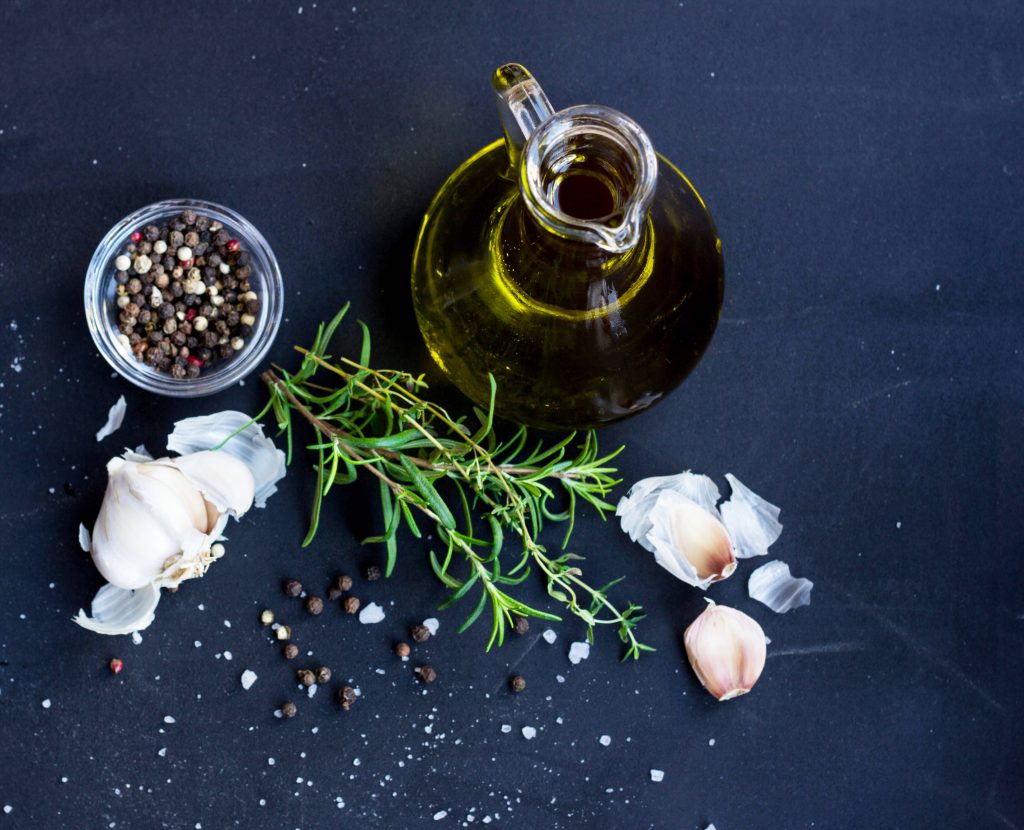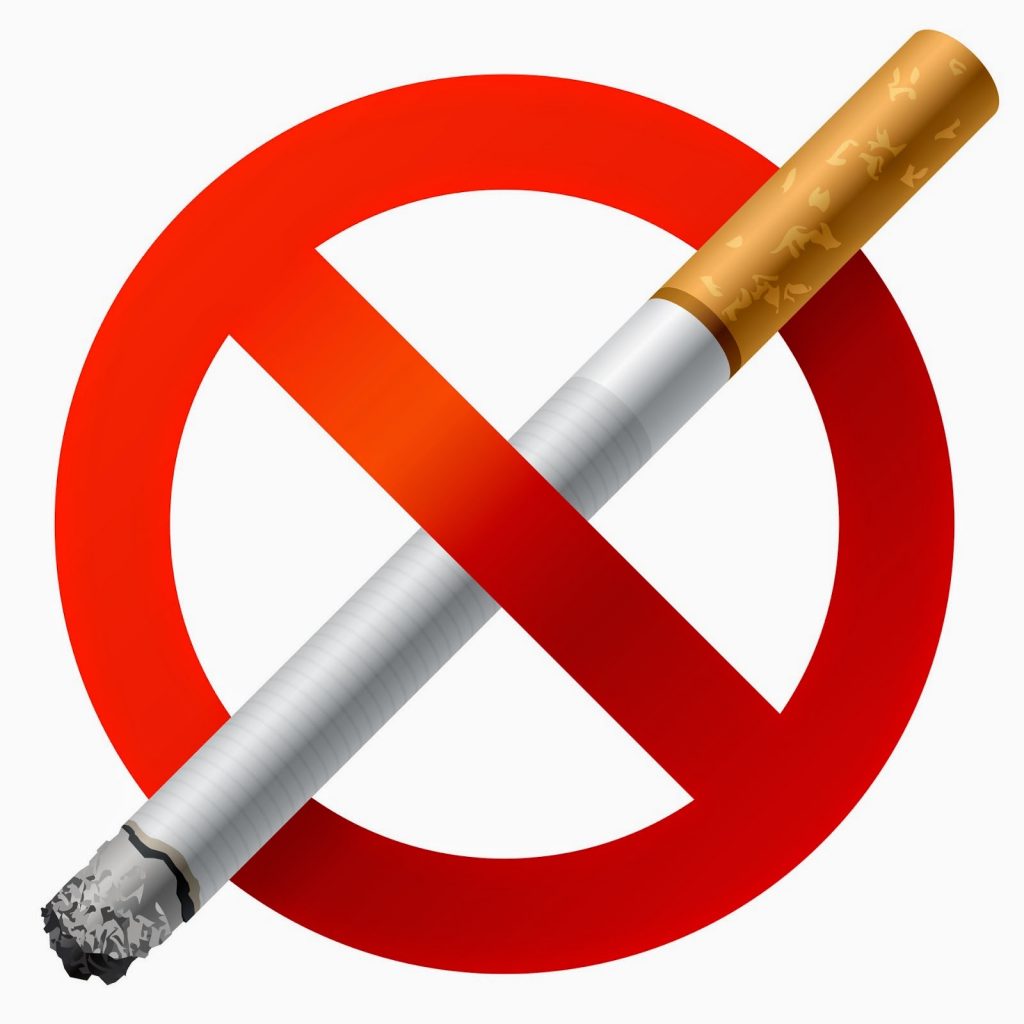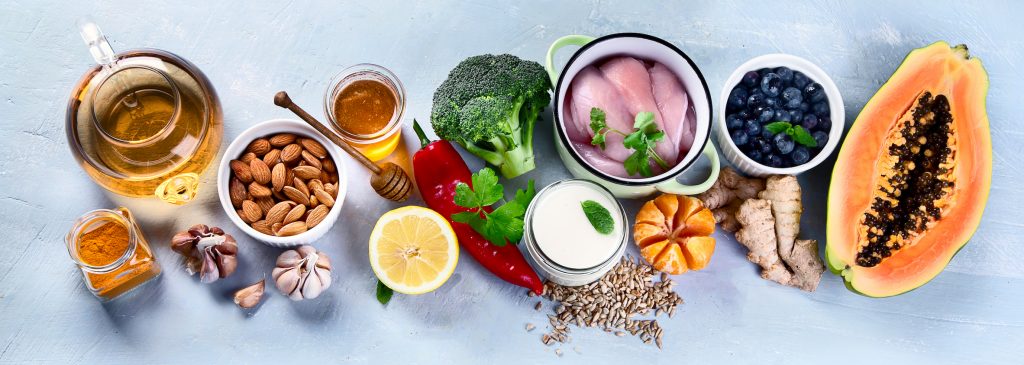With the circumstances that we are all experiencing at present, it is paramount that we look after our health and wellbeing. An important and crucial defence against any virus or infection is our immune system.
Compromised nutritional status and poor lifestyle choices weaken the immune system. However, a strong immune system not only plays a pivotal role in fighting a virus or infection, but it also has the possibility of preventing them from occurring in the first place.
How well our immune system functions, also determines the capacity and speed of our recovery from ill health. A healthy one correlates with early immune system responses to viruses or infections, and subsequently improved clinical prognosis.
Immunity is dependent on many factors for its optimal functioning, one of which is food. This carries information to our cells, DNA and immune system, providing many natural compounds that are vital for our immune system to operate optimally, in particular, in times of illness, when our requirements are greater than ever before.
Due to the coronavirus crisis, many people have been bulk-buying packaged, processed and tinned foods. Yet during this enforced period of staying at home, the quality and nutritional value of the food we consume is of vital importance to our wellbeing.
Cut out processed foods and sugars
First and foremost it is essential to reduce, and preferably eliminate, the amount of processed foods and high-sugar snacks that are being consumed, including drinks, which reduce immunity. They serve as ‘empty calories’, contributing to your daily calorie intake while providing very little, or are completely devoid of, essential vitamins and minerals for your body.
By filling up with sugary foods that contain little nutritional value will limit your desire to consume healthier foods, thus reducing your overall nutritional status.

High-sugar foods, even natural and unprocessed ones, can also directly impact on the immune system’s ability to cope with infection, as certain foods can impair the functioning of the immune system for hours after ingestion.
Eat a rainbow
We all need anti-oxidants – the compounds that can prevent or slow down damage to cells. It is advisable to consume a host of fruits and vegetables, preferably fresh or frozen. The richer the rainbow of colours you eat, the more varied the anti-oxidants you absorb.
Particular emphasis should be placed on darker colours of fruits and vegetables, such as, blueberries, raspberries, red grapes, kale, broccoli, cavolo nero (Italian kale), red cabbage, red onions, and red peppers, as these provide the richest source of phytonutrients and polyphenols, which are beneficial to the immune system.
It is also advantageous to cut out alcohol. If this is too difficult, consider replacing your intake with red wine, which is a good source of the polyphenol and anti-oxidant resveratrol.
Consume Fermented Foods
The gut is host to multiple species of bacteria, both good and bad, and the status, balance and diversity of this bacteria play an important role in immunity. An imbalance in the microbiota that live in the gastrointestinal tract can impair the immune system function.

Now is the time to add fermented foods to your diet, which increase the beneficial bacteria in the gut. Drinks such as kefir (a yogurt type drink), or foods such as sauerkraut, tempeh, kombucha, or fresh pickles are ideal. Another option is plain bio yogurt.
Consume Mushrooms
Mushrooms and in particular shitake, maitake and oyster mushrooms, contain Beta Glucans which are powerful nutrients that work on immune cells, increasing their activity. They also heighten the natural immune system, intensifying its capability and defence against pathogens. They are easy to incorporate into your daily diet: sauté, stir fry or simply add to soups, stews or oven-baked meals.
Vitamin D
Vitamin D is vital for a healthy immune system. Unfortunately, due to the lack of sunshine in Britain, many people are vitamin D deficient. Good dietary sources of this vital vitamin include egg yolks, and oily fish such as salmon, mackerel and sardines.
Vitamin D levels can also be improved with sun exposure, so when we do have a sunny day, it is beneficial to spend some time outside with skin exposed to the sun, such as rolling up your sleeves.
It is vital that you consult with a nutritionist, or your GP before supplementing with Vitamin D, as too much intake can cause toxicity.
Garlic
Garlic has been clinically documented in its ability to support the immune system and fight infections, especially raw garlic. With its capacity to increase the manufacture of white blood cells, which help fight infections and its antibacterial and antiviral action, it is effective against colds, flu, pathogenic microbes, stomach viruses, other viruses, a myriad of bacteria, parasites and fungal infections, hence garlic being labelled a ‘natural antibiotic’.

Garlic is considered to be safe, however there are some people who have an allergy to it. Individuals on certain medications might experience an adverse reaction, and persons receiving anticoagulant therapy should not consume garlic. Always consult with your GP prior to increasing your intake of this powerful food.
Sleep
Now is the idea time to catch up on some shuteye, as a lack of sleep has been documented to impair immune function, disrupt immune responses to infection, and increase inflammation, which is a precursor to ill health. The quality of sleep is paramount, so it is advisable not to nap during the day, as it can curtail evening sleep. Instead, focus on having a longer, deeper and better-quality sleep at night time.
You should always sleep in complete darkness, so as not to interfere with melatonin production, which is a hormone produced during the dark evening hours, that is involved in stabilising immune responses.
Stress
With many people working from home and with normal routines disrupted, it is very easy to feel stressed, however it is advisable to find coping strategies, as stress, perceived stress, social isolation, conflicts with relatives at home, and depression can all have detrimental consequences on immune function and also increase inflammation.

Coping strategies can include just allocating ‘Me Time’, meditation, practicing mindfulness, yoga, reading, exercising, dancing, listening to music, and calling friends. Break up your day to include special activities and hobbies.
Movement and Exercise
It is best to do short duration exercise outside, preferably whilst it is sunny, as the sun acts as an anti-viral agent. Regular exercise improves immune function, however over-exercise can cause physical stress for the body, which in turn can impair the immune system.
For those not being able to leave their homes or who choose not to, it is beneficial to increase movement at home. Try dancing, stretching, jumping, yoga or mat work, which are all instrumental in getting the lymphatic system working, which is also vital for immunity.
Smoking & Vaping
Smoking directly and detrimentally affects our health, not only by causing dysfunction of the immune system, but also in upregulation, which increases nicotine’s addictive properties, resulting in other unfavourable consequences. Where possible, smoking should be reduced and ideally cut out entirely.
Smoking makes it harder for the body to protect itself against viruses and is damaging to respiratory health.
Clinical research on the effects on vaping are still in its infancy. Initial studies that vaping can cause inflammation in the lungs. As such, anyone wanting to support their immune system or who is concerned for their health having contracted a virus, should try to stop.
Conclusion
As with all aspects of managing our health, supporting our immune systems requires a multi-faceted approach. There are many factors to consider when making dietary and lifestyle choices, giving you the power to improve your health in ways that are most suitable to your circumstances.
Applying all these strategies may be difficult for some people, however even making modest adjustments to your diet and lifestyle can have a beneficial effect in supporting your immune system and improving your overall health and wellbeing.
Always consult a professionally qualified nutritionist should you require bespoke and personalised advice on your diet, lifestyle and supplements, or talk to your GP if you are concerned about your health.
Wishing everybody the best of health and good luck, in these challenging times.
Özlem Aytaç S.A.C Dip (s), M.F.N.T.P, M.N.N.A.

Nutritionist & Lifestyle Medicine Practitioner
Follow Özlem on Instagram, and Facebook, or email her ozlemaytac@live.co.uk.
© International copyrights apply; all rights reserved, cannot be lent, shared, reproduced, distributed or transmitted in any way.
DISCLAIMER
The information provided here is for general informational purposes only and is referring to general viruses and not to the coronavirus (COVID-19) and as such, should not be deemed medical advice. Should you be experiencing any symptoms of coronavirus or feel that you may have been exposed to the coronavirus, you need to also follow advice from NHS England and government guidelines.
None of the information provided here, directly or indirectly, constitutes the practice of medicine, the dispensing of medical services, a professional diagnosis or a treatment plan.
The information here should not be considered complete nor should it be relied on to suggest a course of therapy for a particular individual. You should not rely on information provided here, as a substitute for personal medical attention, diagnosis or hands-on therapies. You should never disregard medical advice or delay in seeking it, because of something you have read here.
If you have any health care related concerns, please call or see your GP, physician or other qualified medical health care provider. Never discontinue treatment or medication without first consulting your GP, physician, clinicians or therapist.





